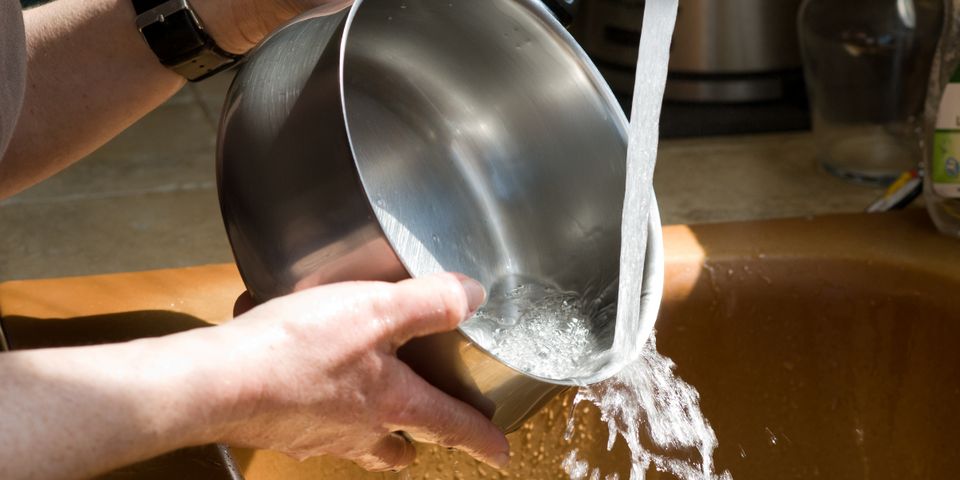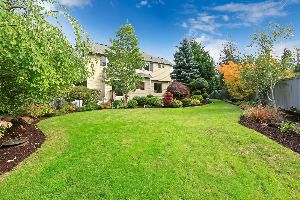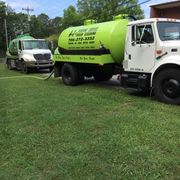A Guide to Maintaining a Septic Drain Field

A septic system has many components that must function together to do its job properly. The leach field is one such component. It's the area surrounding the septic tank where pipes filter wastewater into the soil to be cleaned by naturally occurring bacteria. However, if the leach field fails for any reason, the water won't drain properly, causing problems with the septic tank and potentially contaminating the soil and water around your property. The following guide covers how to maintain the leach field to keep your system working safely.
How to Take Care of Your Leach Field
One of the most common reasons for a leach field failure is compacted soil. To filter wastewater correctly, the soil surrounding the leach pipes must be loose. Parking or driving over or around the septic tank causes pressure that compacts the ground, so it's wise not to allow any vehicles or construction equipment onto the leach field, since they could damage pipes in addition to compacting the soil.
Solid waste is another potential issue for your leach field. Having your septic tank pumped every 3–5 years, or more often if you have a large household, keeps solid waste from entering the leach pipes. This solid waste can clog the soil in the leach field and prevent water from draining correctly.

Also, taking care to use your septic system correctly prevents clogs. For example, flushing items like hygiene products, kitty litter, grease and oil, food, paint, and antibacterial products can disrupt the bacteria balance in the septic tank and keep waste from decomposing. Properly dispose of these items instead of flushing them to preserve the leach field.
Vegetation in your yard can also potentially damage the septic system. Tree roots that extend into the leach area can interfere with the pipes and cause clogs. Avoid planting anything with deep roots in the leach field; stick to grass or native wildflowers with shallow root systems.
Sign of a Leach Field Problem
When a septic system leach field fails, there are usually clear signs. Inside, you may notice slower than usual drains or unexplained rain backups, as well as sewage odors near drains. Outdoors, you'll likely see that the grass surrounding the septic tank is much greener than the rest of the yard. There may also be a distinct sewage smell in the field or over the tank. A poorly drained leach field can also cause the ground to feel wet and muddy, and there may even be standing water. Any of these signs is an indication that you should have your septic system inspected and serviced right away.
If you have concerns about your leach field, call A-1 Pumping Service and Drain Cleaning in Dalton, GA, for prompt, superior service. They have helped local homeowners care for their septic systems for over 20 years, establishing a reputation for friendly and dependable service for septic pumping, repairs, and tank installation. Visit the website for more information, or call (706) 272-3352 to schedule an appointment.
About the Business
Have a question? Ask the experts!
Send your question

